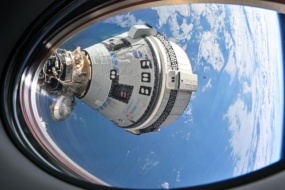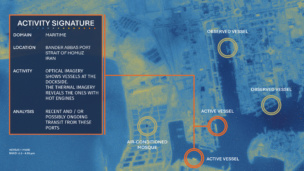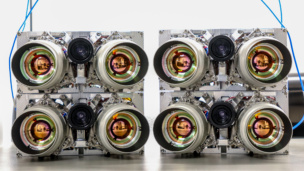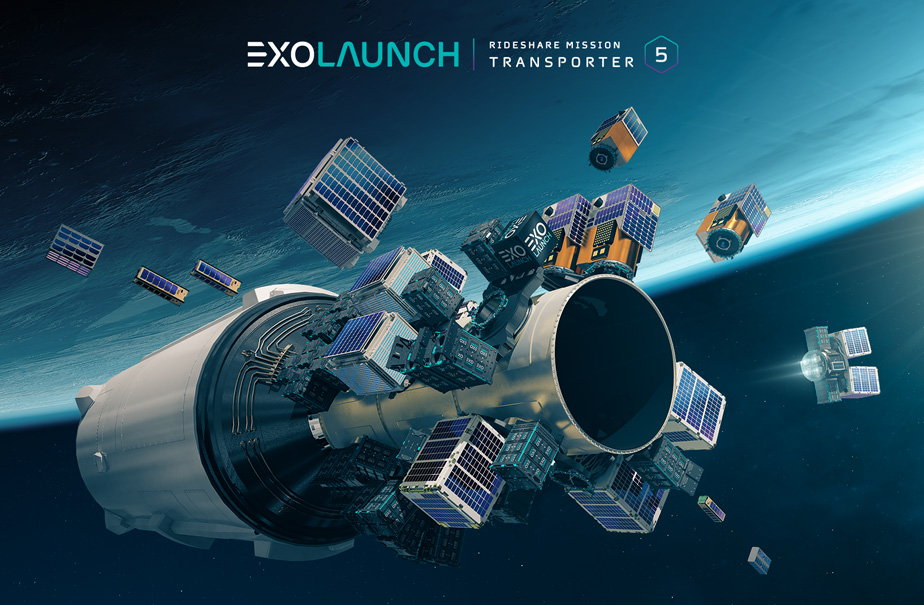On Tuesday, the Quadrilateral Security Dialogue—better known as the Quad—met in Tokyo to discuss how to best deter China. Among other things, Pres. Biden and the leaders of Japan, India, and Australia agreed to launch a satellite tracking initiative to fight back against illegal fishing and trading in the Indo-Pacific region.
The Quad: The security forum began meeting after a decade-long hiatus in 2017 with the goal of maintaining a “free and open Indo-Pacific.” The group meets relatively frequently to go over security initiatives and discuss leading threats and concerns in the region.
The group is not specifically dedicated to countering China. But China is “unilaterally changing the status quo in the East and South China Seas,” Japanese PM Fumio Kishida said, which is raising regional alarm bells.
Maritime security: “Dark shipping” has become a major issue for Indo-Pacific nations. Dark ships are vessels that have turned off their Automatic Identification System (AIS) transponders so they can’t be detected. Satellite imagery could allow countries to better monitor these ships sans AIS.
As part of a more robust science and technology agreement, the four Quad countries pledged to make relevant EO data more accessible to the public. The result: the Indo-Pacific Partnership for Maritime Domain Awareness (IPMDA). The agreement will provide a “near-real-time, integrated, and cost-effective maritime domain awareness picture,” per a White House statement.
IPMDA will create this improved maritime domain awareness through a series of measures:
- Making commercially available, unclassified AIS and radio-frequency data in the region available and accessible to partners
- Financially supporting data sharing between various information centers
- Improving access to satellite imagery through the Quad Satellite Data Portal, which aggregates links to public satellite data.





